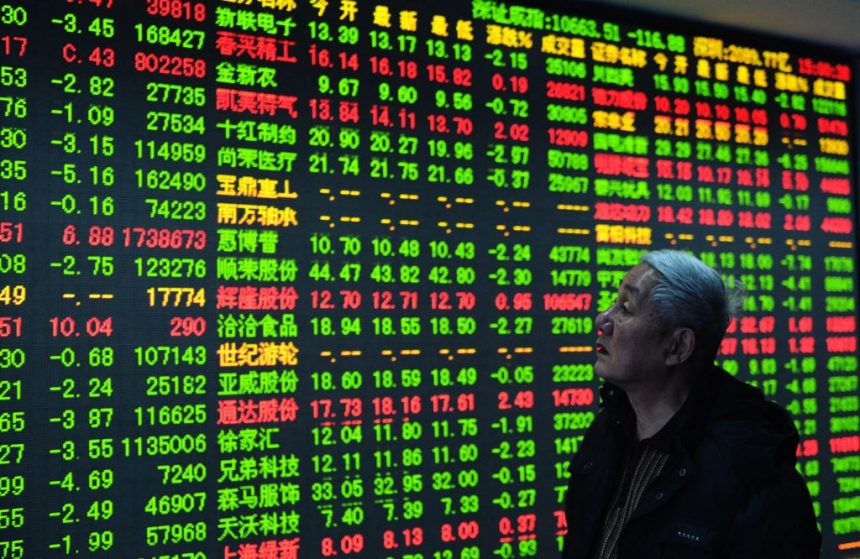Asian stocks climb as bank worries ease. China’s growth woes intact. On Tuesday, most Asian stock markets increased as sentiment grew and worries about an impending banking catastrophe diminished.
Asian stocks take a positive view of the banking crisis easing.
Although, the Chinese stocks underperformed their counterparts to a string of disappointing earnings. raising questions about this year’s economic recovery’s speed. The Shanghai Shenzhen CSI 300 and Shanghai Composite indexes mainly traded sideways following sliding on Monday. Which limited the positive mood in China.
A series of below-estimated earnings from some of China’s largest corporations, including China Petroleum & Chemical Corp (SS:600028). And aluminum producer China Hongqiao Group Ltd (HK:1378), sparked worries that the country’s bets on a rapid economic rebound.
Asian stocks markets awaiting China’s business activity report
The March business activity data for China is the main focus right now because it will provide additional hints about the country’s economic revival. Analyst forecasts, however, indicate a slowdown in development from the previous month. Thailand stocks topped gains across Southeast Asia with a 0.7% surge, while South Korea’s KOSPI rose 0.7%.
Nevertheless, the Hang Seng index in Hong Kong increased 0.8% on Tuesday. Thanks in large part to technology stocks and a pledge by the Chinese government to open up local capital markets.
SVB take over improved the market sentiment
Broader markets rise as the government-assisted takeover of SVB by competitor First Citizens BancShares (NASDAQ: FCNCA) helped allay concerns about an impending banking collapse, Asian markets trended higher, following modest overnight advances on Wall Street. Following indications that the core inflation in Japan was still elevated and might prompt the BoJ to tighten monetary policy. The Nikkei 225 index of Japan was unchanged.
During the Asian Forex session, The US dollar slipped
The US dollar fell against major rivals for a second day on Tuesday. As demand for the safest assets declined by fading concerns about a full-blown banking crisis. Additionally, strengthens were the risk-sensitive Australian and New Zealand dollars. With the Australian dollar benefiting from better-than-anticipated retail sales figures.
The DXY compares the value of the dollar to six other currencies, including the yen. Dropped 0.16% to 102.59 in Asian trading, adding to Monday’s 0.35% fall.
The dollar fell to a low of 130.505 yen at one point, and it last fell by 0.71% to close at 130.64. Reversing the prior session’s 0.64% gain as it followed the biggest increase in 6 months in long-term Treasury yields by 15 basis points. In Tuesday’s trading in Tokyo, the 10-year yield barely moved, hovering near 3.51%.
While the GBP increased by 0.23% to $1.2315, the euro was 0.1% higher at $1.0809. The Australian dollar gained 0.53% to $0.6686. The kiwi currency increased by 0.49 percent to $0.62265.









